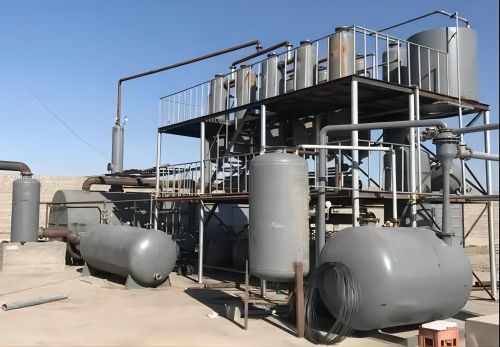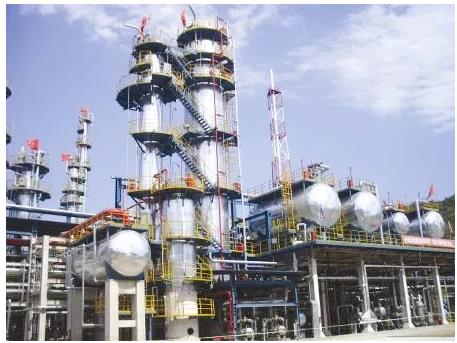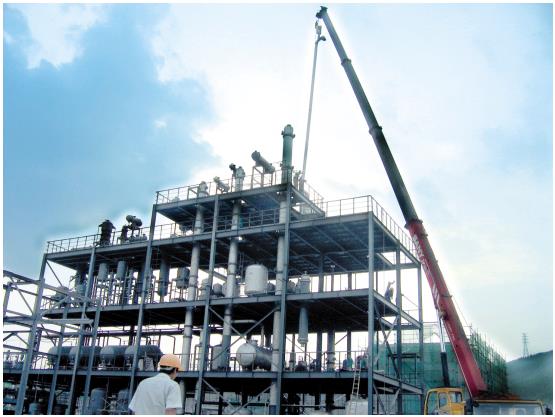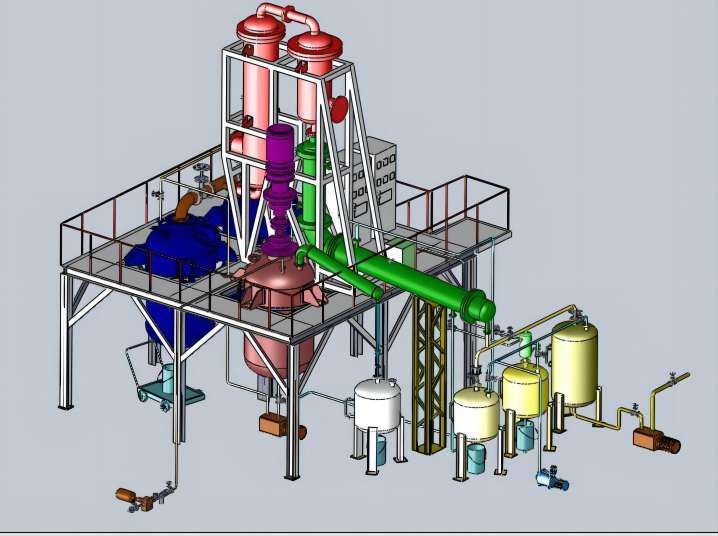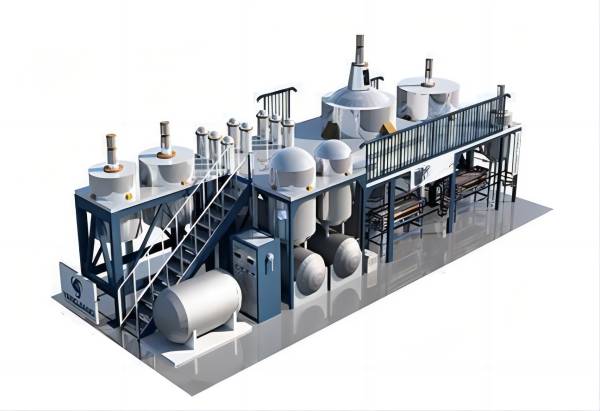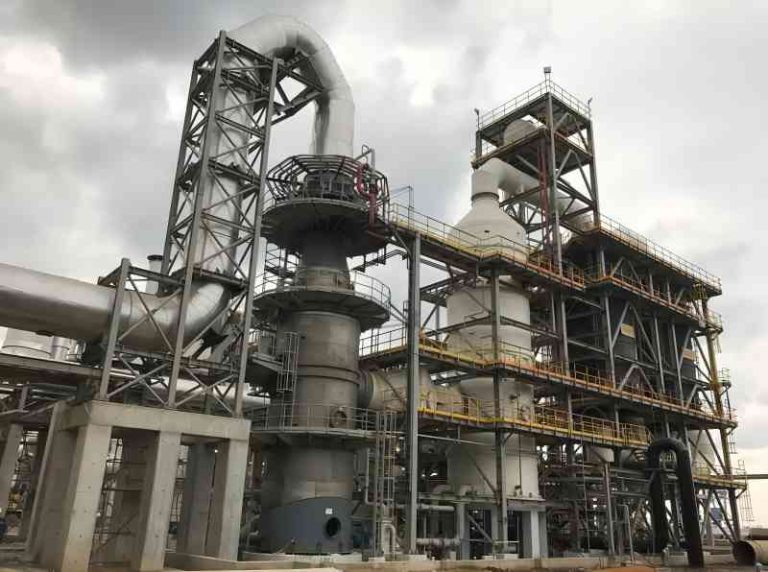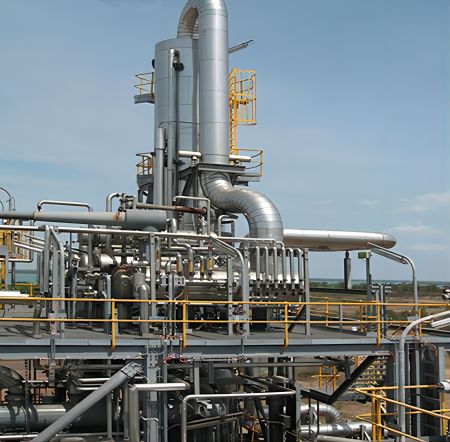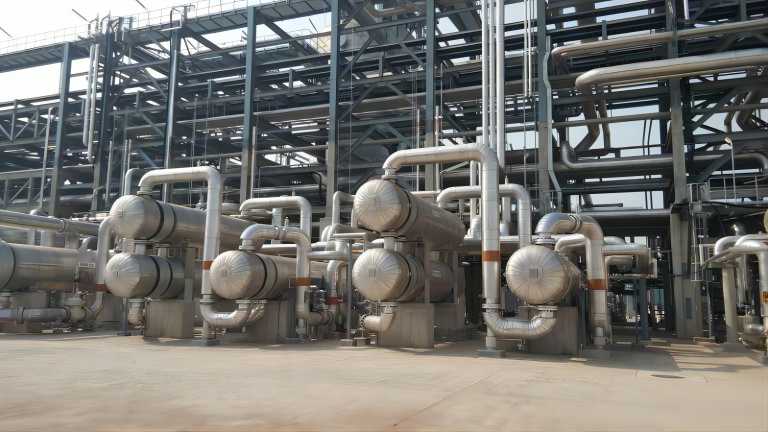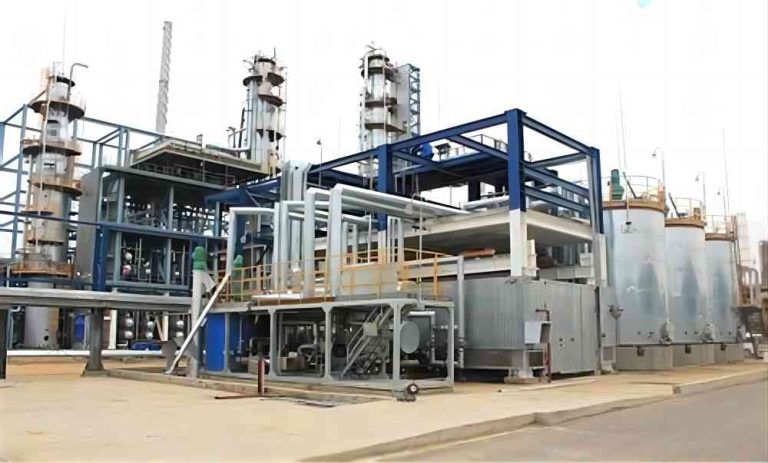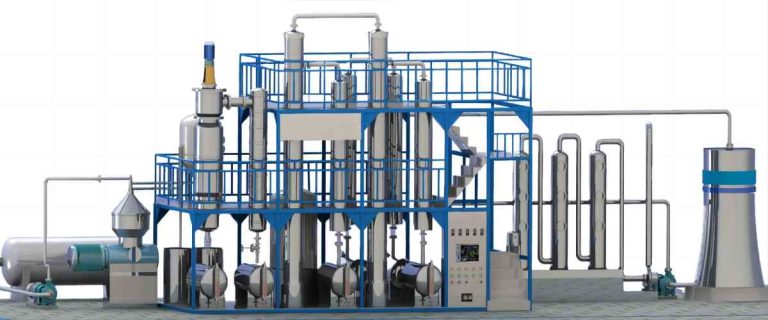Waste Oil to Diesel Machines: A Promising New Technology with Environmental Benefits
Home / Literatures In an era where environmental concerns are paramount, the world is constantly seeking innovative solutions to manage waste and reduce carbon footprints. Waste oil, often considered an environmental hazard, is a resource that can be transformed into something valuable. This transformation is made possible through the use of Waste Oil to Diesel…


